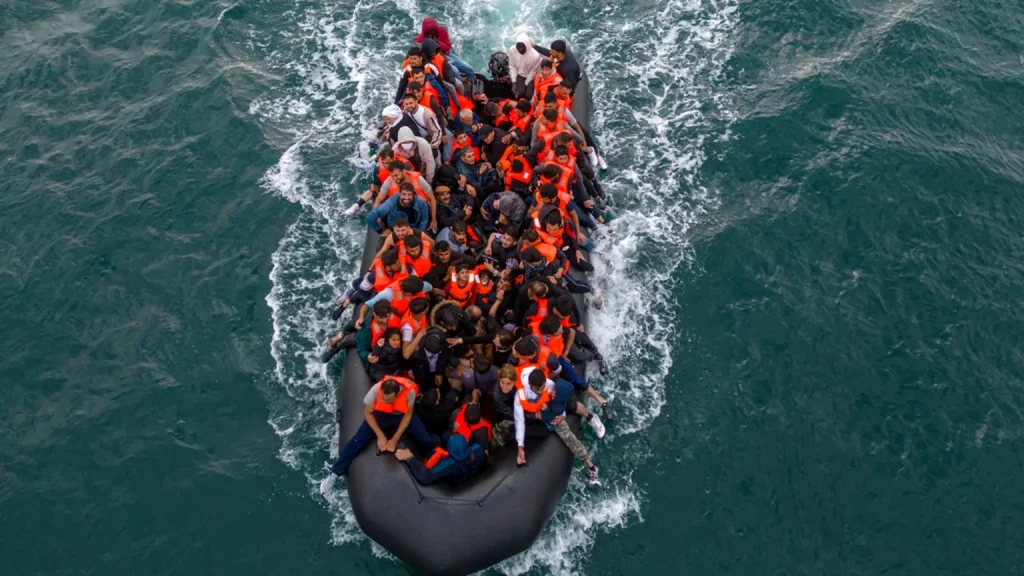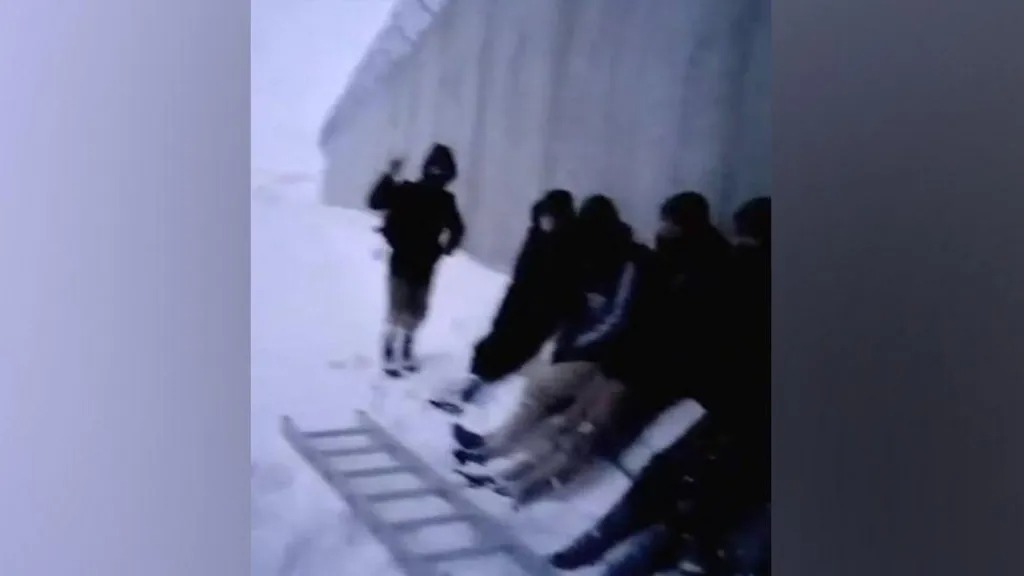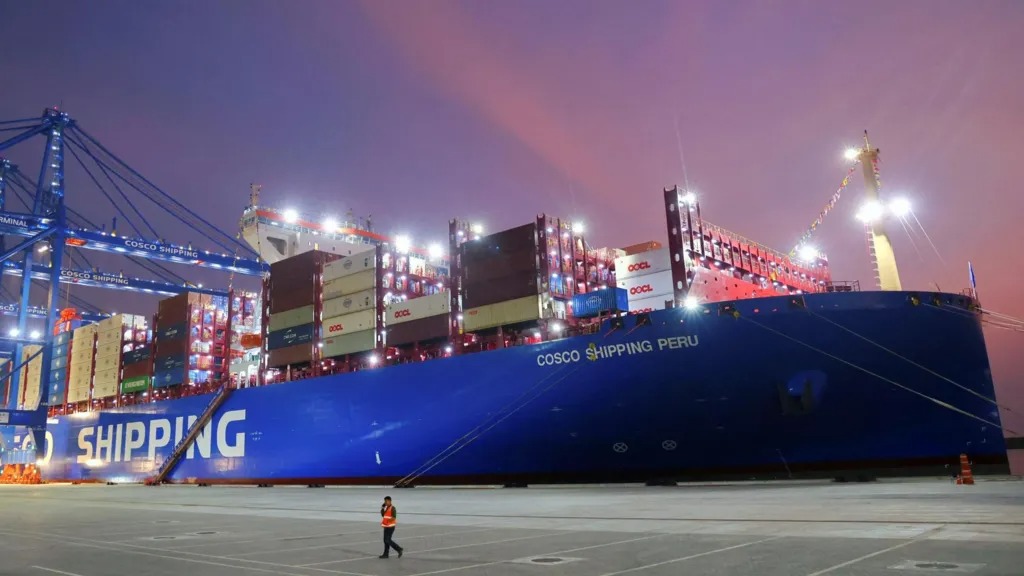
‘Merchants of Death’ Trial Steps Up Fight Against Channel Smugglers
In a high-profile trial in France, known as the “Merchants of Death” case, authorities are seeking justice against a Kurdish smuggling gang. This group is accused of facilitating most of the Channel crossings between 2020 and 2022. The trial, which involves 33 alleged members, has generated an enormous amount of documentation—67 tonnes of paperwork.
Courtroom Tensions and Smuggling Accusations
During the trial, the lead judge, Arabelle Bouts, sternly warned Mirkhan Rasoul, a 26-year-old convicted smuggler and alleged leader of the gang. Rasoul, already serving an eight-year sentence for attempted murder, had disrupted earlier proceedings by threatening courtroom translators. “There will be no more misbehavior,” the judge said firmly.
Rasoul sat behind a glass screen, flanked by armed policemen. Meanwhile, 10 other accused members sat in the courtroom, guarded by additional armed officers. Lead prosecutor Julie Carros described the gang as “merchants of death,” explaining how they overloaded small boats with migrants. These boats, often dangerously overcrowded, were used for Channel crossings.
Profiting From Desperation
The smuggling network reportedly earned up to €60,000 ($65,000; £50,000) for each boat they launched, with about half reaching UK waters. Their operations generated around €3.5 million ($3.8m; £2.9m) in profits annually. The gang dominated Channel crossings from France, supplying equipment from various European countries. Their activities continued until their arrests in 2021 and 2022 in France, the UK, and Germany.
As the trial progressed, prosecutor Carros requested long sentences and hefty fines. For Rasoul, she demanded a 15-year sentence, a €200,000 fine, and a permanent ban from French territory. The trial is expected to conclude in early November, with many of the accused facing serious jail time.
The Challenge of Dismantling Smuggling Networks
Will this trial—and the possibility of harsh sentences—truly deter smugglers? Lead prosecutor Pascal Marconville believes so. He explained that increasing the costs of smuggling through severe penalties could reduce the appeal of the trade. “We aim to make smuggling operations so expensive that they lose their attractiveness,” he said.
Marconville likened the smuggling networks to drug cartels, noting how they have become more fragmented and specialized. Smuggling operations are now divided into sectors, making it difficult to dismantle entire networks at once. Despite these challenges, Marconville praised the cooperation between French and British officials, highlighting their efforts to curb the crisis.
International Cooperation and Legal Complexities
Cross-border cooperation is essential in tackling the smuggling problem. However, differences in laws and regulations between countries complicate the process. Marconville noted that while the UK has been cooperative, working with German authorities has been more difficult. “We think of them as efficient, but they don’t always make things easier,” he remarked.
Tough Sentences: Will They Deter Smugglers?
Not everyone believes that harsher penalties will stop smuggling. Defence lawyer Kamal Abbas expressed doubts, explaining that smugglers often view prison as just another obstacle. “Nothing discourages them,” Abbas said. “They see imprisonment as just another bump on the road.”
Abbas also pointed out that the true leaders of these smuggling rings often escape justice. Many of the ringleaders are based in countries like Iraq and Iran, far beyond the reach of European authorities. Abbas suggested that British officials should focus more on certain areas of London, where he believes some of the smuggling leaders may reside.
As the trial nears its conclusion, the broader impact on smuggling operations remains uncertain. While authorities work to dismantle these networks, the lucrative smuggling trade continues to thrive, with many criminals undeterred by the threat of jail time.
For more on this trial and the fight against human trafficking, visit BBC News.
Explore related stories on crime and justice at Kenkou Land.





